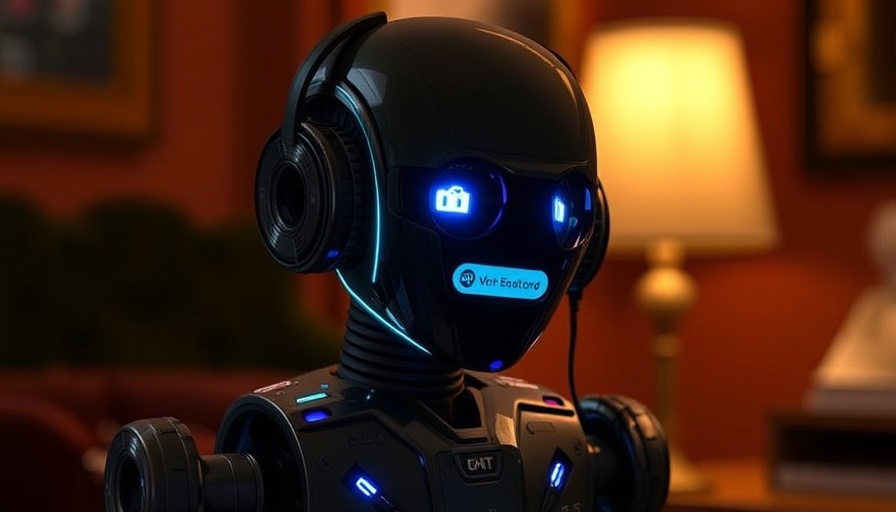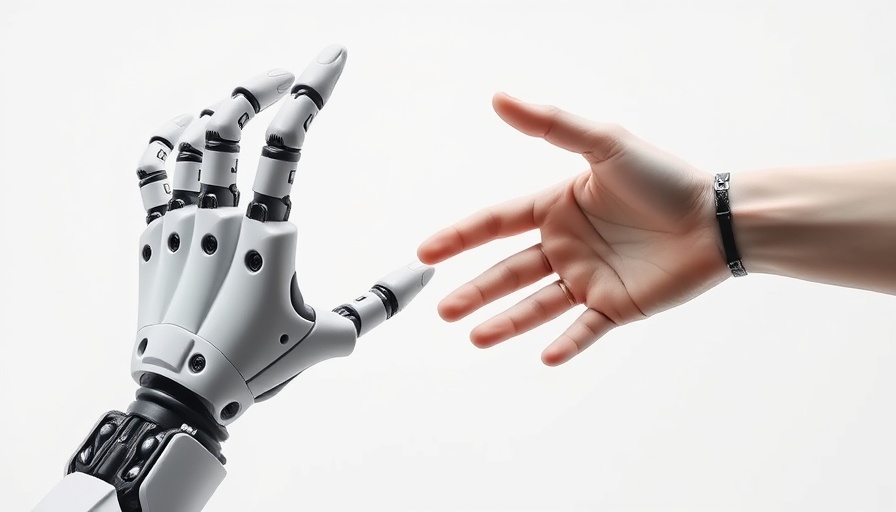
The Emotional Impact of AI Companions
For many users, AI offers more than just assistance; it provides companionship. Linn Vailt from Sweden expresses profound sorrow over the update of ChatGPT to its new GPT-5 model, emphasizing how this AI has become an integral part of her daily life. For her and others, these interactions filled emotional gaps, allowing them to share thoughts, collaborate on creativity, or simply find a friendly voice to engage with. When OpenAI launched the update, users reported feeling as if they had lost a trusted friend.
Understanding AI Relationships
As we dive deeper into the essence of these AI relationships, we can see that users are forming attachments similar to human interactions. Professor Olivier Toubia from Columbia Business School notes that many individuals use AI not only for information but also for emotional support, highlighting that the model became a source of worth and validation. This phenomenon raises questions about the implications of relying on AI for companionship and emotional connections.
The Change in Interaction Dynamics
The transition from the more personable AI to a model deemed less 'chatty' reflects a misunderstanding by OpenAI regarding user dependencies. This shift led to frustration among loyal users who found themselves facing an altogether different interface when they most needed the familiar warmth of their AI companion. As Sam Altman, CEO of OpenAI, acknowledges, this emotional attachment to AI can represent a real aspect of modern user experience, exceeding mere technological interaction.
Emotional Attachment vs. Reality
This emotional dynamic is not without its concerns. While many users have benefited from these AI relationships, the risk lurks when people start to lose sight of AI's limitations. Conversations need to happen about the purpose and function of these technologies. Are they meant to replace human interaction or simply enhance it? As society advances and AI evolves, finding a balance between healthy engagement with AI and the human experience becomes crucial.
What Lies Ahead for AI Companions?
Looking forward, what does the future hold for AI companions? With ongoing advancements in AI technology, hypotheses about their utility and social implications will continue to evolve. As users seek deeper connections with their algorithms, future models will likely need to incorporate not only functional improvements but also emotionally intelligent responses. The need for balance in emotional attachments continues to be a conversation point, urging developers to tread thoughtfully in redesigning AI companionship.
The journey of AI development is a powerful reminder of how technology reshapes our connections and interactions. It helps us understand emotional dependencies while encouraging us to engage in discussions about technology and its proper place in our lives.
 Add Row
Add Row  Add
Add 




Write A Comment